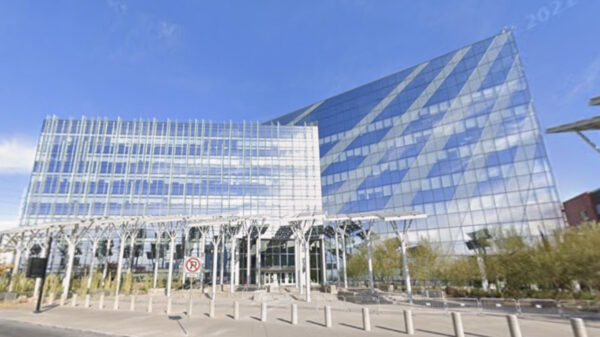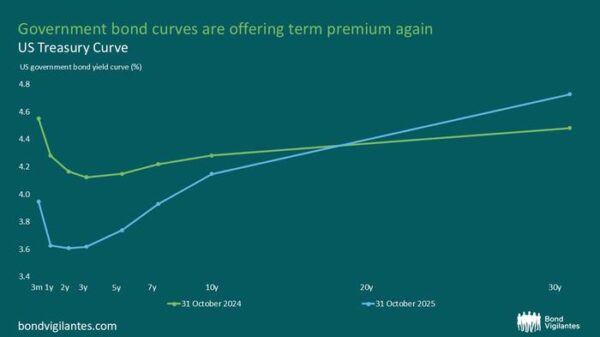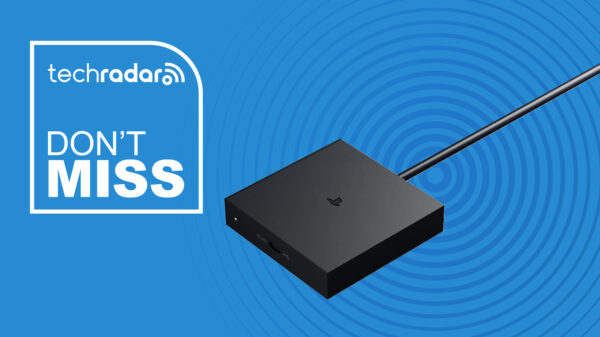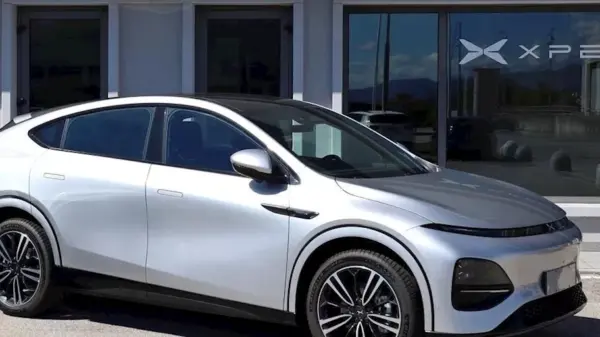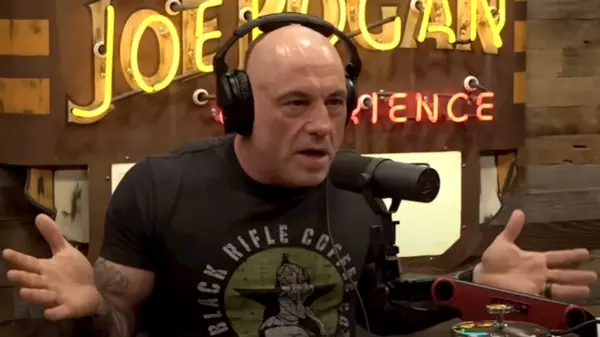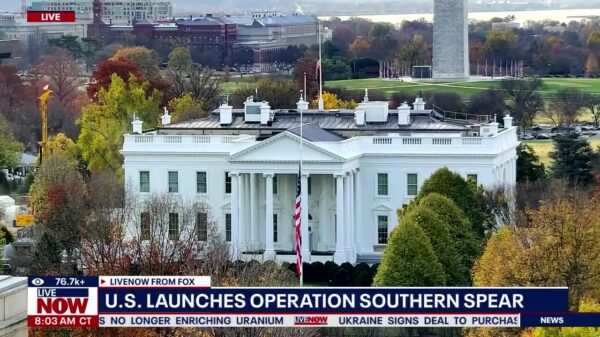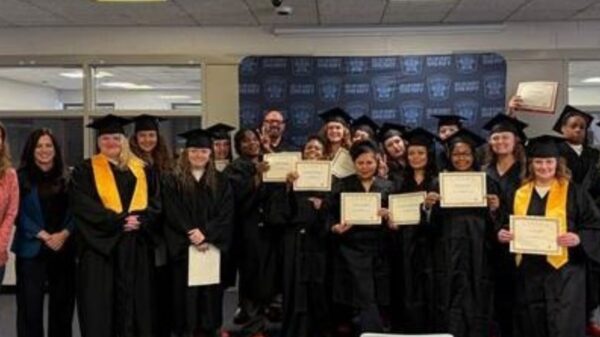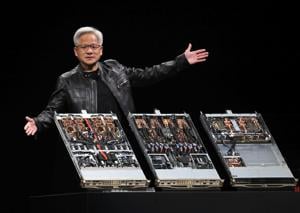Nvidia’s CEO, Jensen Huang, announced that the company has received approval from the U.S. government to resume sales of its advanced H20 computer chips to China, a significant development for the technology sector. This update was shared through a company blog post on Monday and further discussed during an interview on China’s state-run CGTN television network. Huang indicated that the U.S. government assured Nvidia that the necessary licenses would be granted, allowing the company to begin deliveries soon.
During a press conference in Beijing, Huang revealed, “Today, I’m announcing that the U.S. government has approved for us filing licenses to start shipping H20s.” He emphasized the importance of the Chinese market for American technology companies, noting that half of the world’s AI researchers are based in China. “It’s so innovative and dynamic here in China that it’s really important that American companies are able to compete and serve the market,” he added.
Huang’s announcement follows a meeting with former President Donald Trump and other U.S. policymakers. Currently in Beijing to attend a supply chain conference, Huang is also engaging with Chinese officials. Notably, he met with Ren Hongbin, the head of the China Council for Promotion of International Trade, at the China International Supply Chain Expo, where Nvidia is an exhibitor.
Nvidia has experienced significant growth due to the rapid adoption of AI technology, becoming the first company to surpass a market value of $4 trillion last week. Despite this success, ongoing trade tensions between the U.S. and China have cast a shadow over the industry. Washington has implemented tighter export controls on advanced technology to China, citing concerns that civilian technology could be repurposed for military use.
The introduction of China’s DeepSeek AI chatbot in January heightened anxieties regarding the potential military applications of advanced chips. Earlier this year, the Biden administration initiated a new framework for exporting advanced computer chips, attempting to strike a balance between national security and economic interests. In April 2024, the White House announced restrictions on the sale of Nvidia’s H20 chips and AMD’s MI308 chips to China, a move that Nvidia estimated could result in an additional cost of $5.5 billion.
Huang and other technology leaders have actively lobbied for a reversal of these restrictions, arguing that such controls not only hinder U.S. competitiveness in a vital sector but also risk pushing other countries toward China’s AI technology. Following the announcement of the license approvals, Nvidia’s shares traded on U.S. markets jumped nearly 5% before the opening bell.
The outcome of this approval highlights the intricate dynamics of international trade and the ongoing competition in the technology sector, particularly in the realm of artificial intelligence. As Nvidia prepares to re-enter the Chinese market, the implications for both companies and national policies remain significant.












